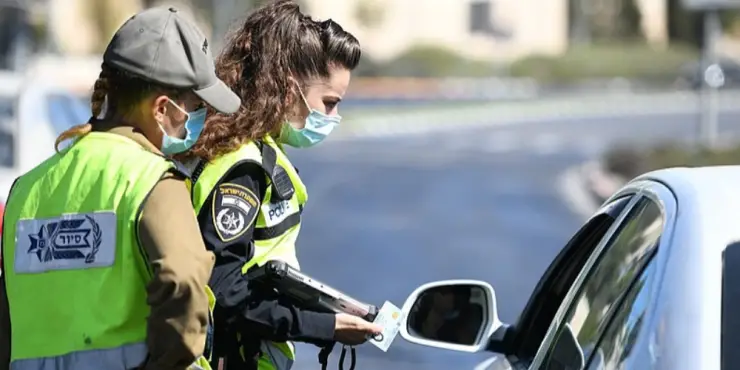Depending on state laws, records of videos captured by in-vehicle cameras of police are often accessible by police or other authorities based on suspicion of a crime committed. But some states have exemptions for dashcam footage, and the length of time it can be kept varies from place to place.
In general, in the United States, police departments keep dash cam videos for 30 to 180 days, and then they are destroyed, with a few states keeping them longer. That’s because the videos are generally only used for traffic violations, and other investigations may have already occurred by the time two or three months have passed.
Ex. Washington Policies
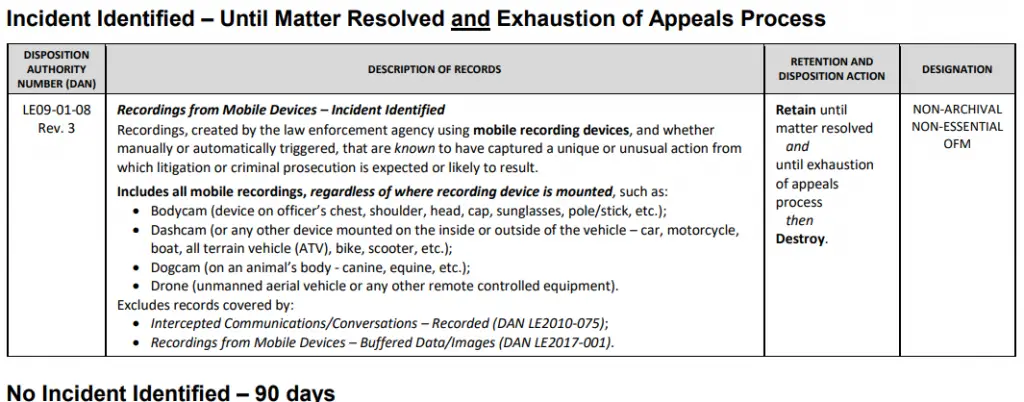
How long are dash cam videos kept By City and State:
Some notable city policies are mentioned below for reference. For your specific city’s policy, you can contact your local police department.
- Washington – 90 days. With recording videos being reviewed 60 days after your court proceedings for deletion
- Tucson – 180 days
- Tampa – 90 days
- Seattle – 60 days
- San Jose – one year
- San Francisco – 60 days next
- San Diego – 60 days
- San Bernardino – 60 days
- San Antonio – 180 days
- Rialto – 60 days
- Phoenix – 190 days
- Philadelphia – 75 days
- Orlando – 90 days
- Oakland – 2 years
- New York – 18 months
- New Orleans – 2 years
- Minneapolis – one year
- Mesa – 185 days
- Los Angeles – 60 days
- Las Vegas – 45 days
- Jacksonville – 90 days
- Ferguson – 30 days
- Denver – 30 days
- Dallas – 90 days
- Cleveland – 90 days
- Cincinnati – 90 days
- Chicago – 90 days
- Charlotte – 45 days
- Boston – 30 days
- Baltimore – 90 days
- Austin – 90 days
- Atlanta – 5 years
- Arlington – 90 days
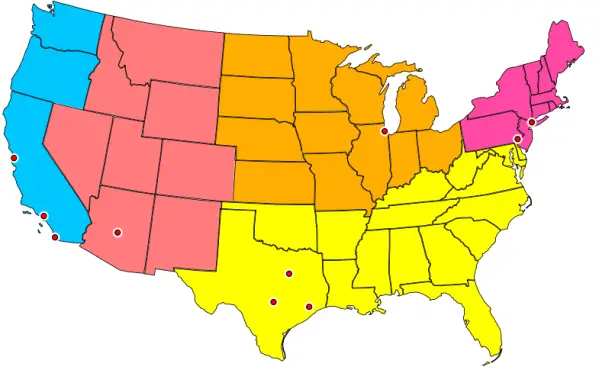
What Are The Most Common Ranges For Keeping Videos?
When it comes to police dashcam videos, you’ll find two different types of footage: live and post-event. Live footage is recorded in real time as the officer responds to a call. Post-event is recorded after the officer has arrived.
The most common ranges for maintaining police dashcam videos are usually between 1 to 6 months. However, there are some exceptions, such as in New York City.
The most common snippet range of videos is from 30 seconds to 10 minutes. Other ranges of videos that are often kept are from 5 seconds to 3 minutes or 15 seconds to 1 minute. Some people are confused by these numbers, but they are quite simple because some cameras only work when detecting motion. Certain cameras will not even turn on until certain levels of motion happen. This is by design to lower the amount of storage that is consumed.
Why Don’t Police Keep Dash Cam Videos Forever?
In most cases, the videos are deleted after a predetermined amount of time or as soon as they are no longer needed, such as for an ongoing investigation. One of the most common complaints about police body-worn cameras is their short retention period. But why don’t they keep the videos forever?
Police are currently only required to keep video footage for 30 days, but the ACLU is lobbying to change that. It then comes to the states to determine these specific laws based on their constituents and laws.
Keeping a video forever could be useless due to the statute of limitations and massive privacy concerns. Some people against long-term capture argue against big brother and the police state becoming too prevalent, while others also argue that it could prevent future crime; still, the question comes to state officials and lawmakers rather than the federal level. (1)
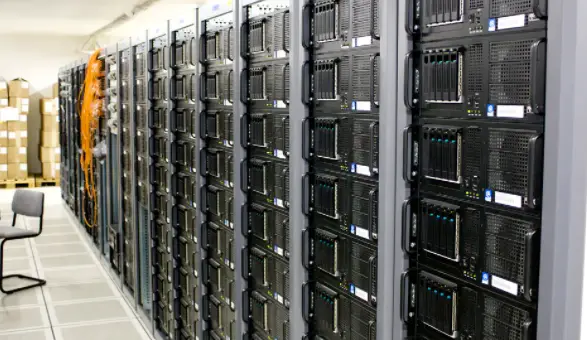
Who Has Access To Police Dash Cam Videos?
In the United States, police dashcam videos are governed by state public disclosure laws and freedom of information laws, which govern who can access the videos. However, in other countries, they are considered confidential and restricted to the privacy of those filmed. (2)
Public access to police dashcam videos is a controversial issue. Most believe videos should be publicly accessible to ensure transparency and fair policing. However, some see it as an infringement on their privacy. The way the video is used also influences the opinion on its accessibility.
Three groups of individuals can legally access dashcam footage:
1) The person whose video is being recorded, if they want it deleted or refuse access, then no one else will be able to see it
2) Law enforcement officials with authorization for viewing it (for example, in Idaho and other states, police can access this footage if any crime has occurred or is suspected)
How Much Does It Cost Police to Store Dash Cam Data?
With the rise of dashcams, police organizations have faced issues of how much it costs to store all the data.
The cost of storage for dashcam footage varies wildly depending on how much footage is being stored. In some cases, the cost averages $0.03 per gigabyte of storage. It is estimated that the average police department in America has about 1,200 hours of footage from dashcams on a server. The cost of storing this footage can range anywhere from $4,000 to $10,000 a year.
In 2018 alone, over 400 million hours of footage were recorded by dashcams in America. The national data storage costs range from $5-10 billion annually.
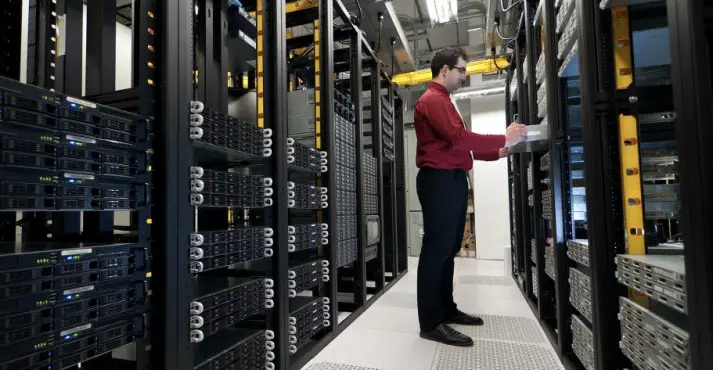
What Is A Good Cause For Accessing A Dash Cam Video The Police Have?
The police are often held accountable when they miss a crime that their dash cam recorded. In 2014, the family of Philando Castille was able to use the footage to get an acquittal for their son’s killer.
But what if you think a video with your loved one in it could help clear them of wrongdoing? Most people would be hesitant to ask for access to the video, but there may be causes, such as in criminal cases. Police officers have to release police dashcam footage when requested by the public in certain circumstances, including when there is an ongoing investigation into a crime or incident. Video evidence might be used to establish whether an individual committed a crime. The same goes for someone involved in a crime or incident who wants access to footage from a camera to help prove their innocence/guilt.

Why Would You Need Dash Cam Footage From The Police?
Dash cam footage is useful for both law enforcement and individuals. It is becoming more and more important to keep an eye on police misconduct when they are in the community.
Dash cams are just one of many tools that citizens use to monitor the behavior of law enforcement. They have been used for decades to record traffic stops, protests, public demonstrations, civil rights marches, crowds, or anything else that might be considered controversial or dangerous by the government or the general public. These were used for years before being adopted by police forces to show evidence against officers who have committed misconduct.
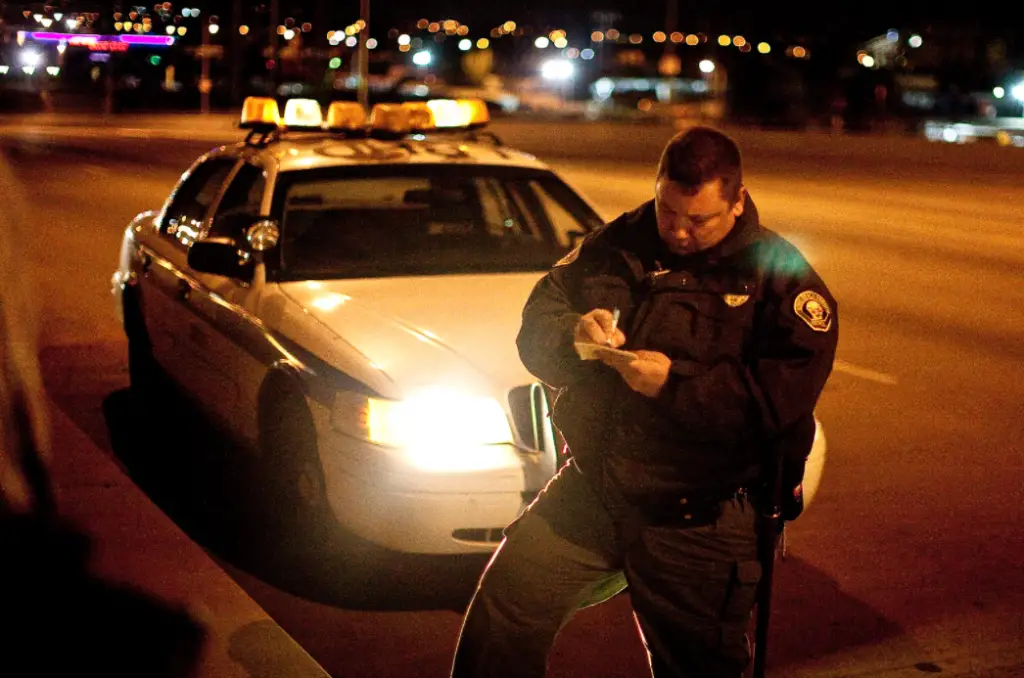
Frequently Asked Questions (FAQs)
Can I Get A Video Deleted Sooner?
Yes, you can request that your dashcam footage be deleted if it contains personal information. This includes your name, address, or other personal information that could get you in trouble if it was released publicly. If you want to get the police to delete dashcam footage, your best bet is to work with an attorney who specializes in criminal law.
It is also possible that if you can find the source of the video, they can figure out a way to remove it from their system.
How Does a Police Dash Cam Work?
When not mounted on vehicles, dash cams usually come with an adhesive mount that can be affixed to any flat surface like your windshields or dashboard for greater visibility. Police dashcams are usually mounted on a vehicle’s front windshield to record the driver’s view. They are constantly recording everything the police officer sees on the road, whether they are driving or walking.
It starts recording when you start and stops when you turn off your car engine. It might have an SD card slot. The camera records a video continuously while recording sound from a microphone attached to the body of the dashboard near the windshield. The video plays back at a higher speed than recorded by analyzing it frame-by-frame and using computer technology to correct distortions caused by vibration, movement, and wind noise.
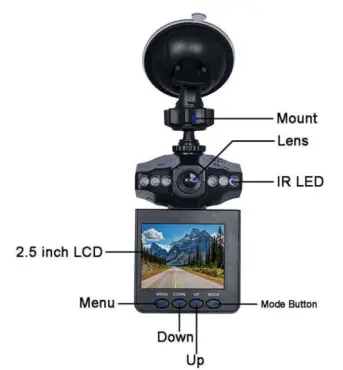
Why Is Having Dash Cam Videos Beneficial?
Dash cam videos are beneficial in several ways. They assist with insurance claims, lawsuits, property disputes, and personal safety.
But the benefits don’t stop there. Dash cam videos are also helpful in the case of a car accident where it is unclear who was at fault (e.g., an accident on the road that has no witnesses). They can also serve as evidence for potential accidents you may not have seen or been involved in.
Dash cams can also be used to capture evidence of a crime and help provide clarity for law enforcement agencies when attempting to solve these types of crimes.
References:
(1) federal level – https://www.britannica.com/topic/political-system/Federal-systems
(2) freedom of information laws – https://www.usgs.gov/faqs/what-freedom-information-act-foia

